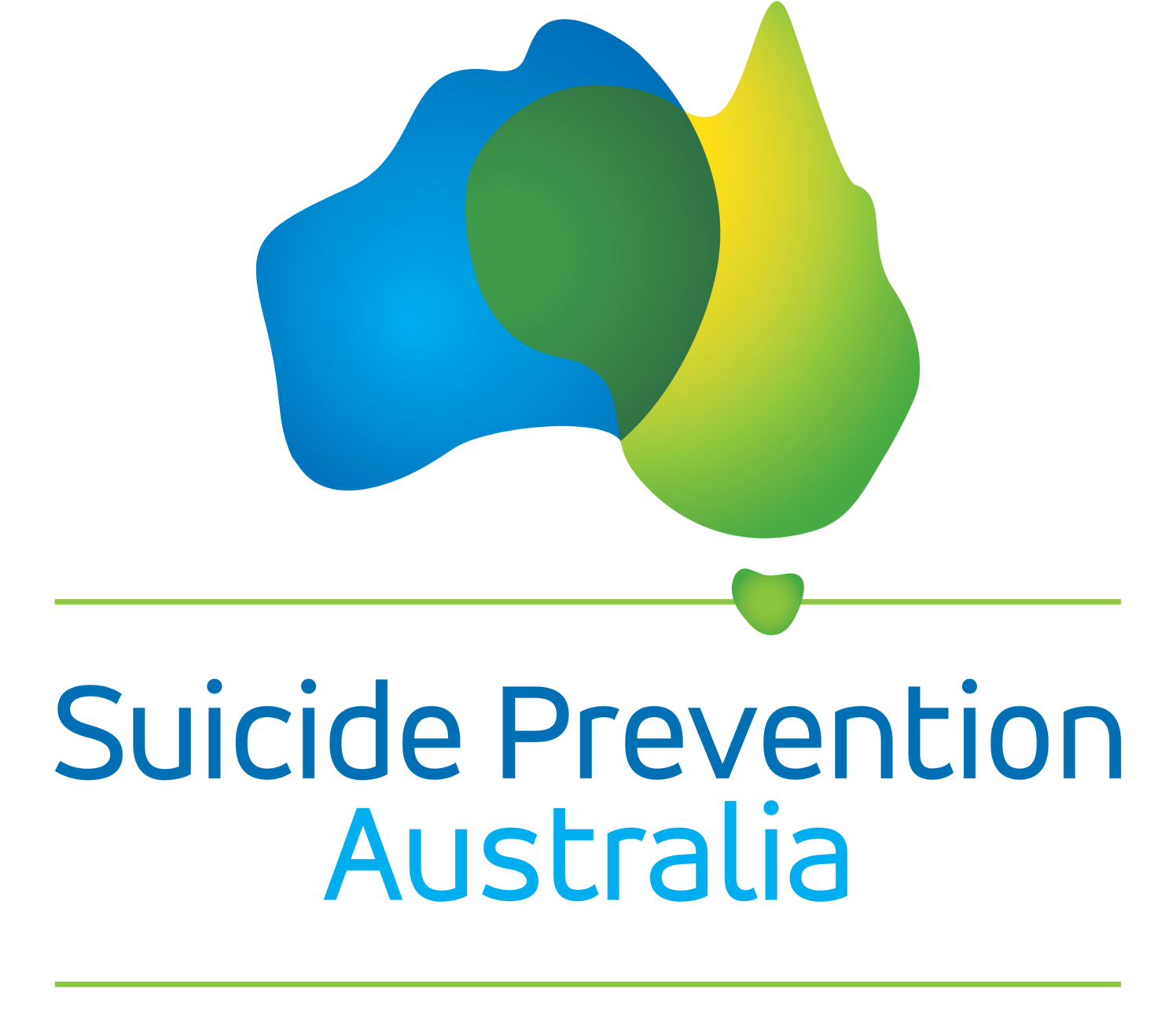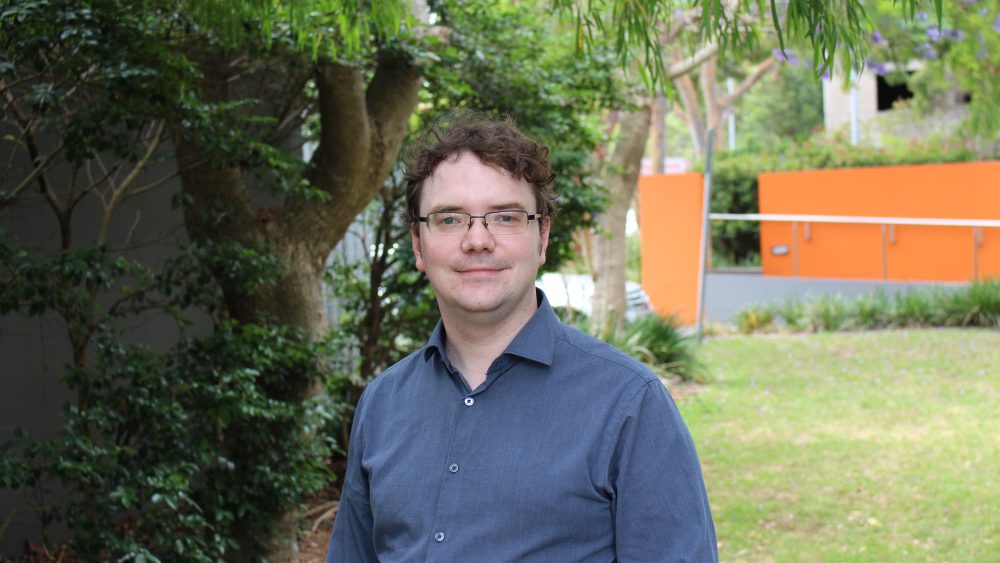$2.3M in Funding for New Suicide Prevention Research
Four Australian research projects in four States will share in $2.3 million in grants from the Australian Government’s National Suicide Prevention Research Fund, Suicide Prevention Australia (SPA) announced today.
The Project Grants are the first to be awarded from Fund and will support scientific excellence in research into what works to prevent suicide and suicidal behaviour, and what factors are protective against suicide.
“Suicide is a priority public health concern for all Australians”, said SPA Chair, Matthew Tukaki.
“In 2017 3,218 people died by suicide; our loved ones, colleagues and peers. Australia’s preliminary standardised suicide rate is now about two points higher than the global average, at 12.6 deaths per 100,000 persons. We need to turn this around.
“Research and building the evidence base is key, but so too is innovation in our approach. These announcements are further proof of our commitment to ensure that Australians live long and healthy lives.”
SPA CEO, Ms Nieves Murray said that better understanding suicide is key if we’re going to prevent it, for good.
“Suicide is so complex; why do people attempt or die by suicide, why are some people more at risk than others, what crisis interventions work and why, how can we help people to manage their suicide ideation over the long term so they can live full productive lives… These are the types of questions we’re all asking,” she said.
“Answering them requires a rigorous scientific approach, something we’re already doing in Australian universities and research centers, and something we can continue to do, and do more of, thanks to the Australian Government’s $12 million National Suicide Prevention Research Fund.”
SPA administers the Fund and has already committed almost $1 million in funding for The Suicide Prevention Hub and PhD Scholarships. The Project Grant recipients were determined in partnership with the National Health and Medical Research Council and bring the total funding commitment to date to $3.2 million.
“Four Australian researchers from Victoria, New South Wales, Queensland and Western Australia will each receive between $520k and $640k in Project Grant funding over two to three years,” Ms Murray said.
“The projects will examine the relationship between social media and suicide clusters; preventing repeated self-poisoning; improving the detection and referral of uni students at risk of suicide; and the effectiveness of physiological interventions.”
Project Grant recipient, Professor Jane Pirkis from the University of Melbourne said that her project team are delighted to receive the grant.
“We’ll be looking at the role that social media might play in initiating and perpetuating suicide clusters,” she said.
“All suicides are tragic, but suicides that occur in clusters warrant particular attention because of the huge ripple effect they have in local communities. If we can understand the way in which people communicate about suicides online and can help them do so in a way that is safe, we are hoping that we can prevent future clusters.”
To get help 24/7, phone Lifeline on 13 11 14 or the Suicide Call Back Service on 1300 659 467. If you or someone you know are in immediate danger, phone 000 for emergency services.
National Suicide Prevention Research Fund 2018 Project Grant Recipients
Professor Jane Pirkis, University of Melbourne, VIC
The relationship between social media and suicide clusters
Social media activity may be implicated in suicide clusters. We will compare the social media activity after index suicides in identified clusters and ‘singleton’ suicides. The findings will inform an intervention designed to encourage appropriate online discussion after a suicide that will be disseminated by well networked individuals. We will conduct a small-scale pilot and run a substantial computer simulation modelling exercise to test the potential population effects of the intervention
Dr Mark Larsen, Black Dog Institute, NSW
Preventing repeated self-poisoning: A brief therapy text message intervention
Hospital-treated self-harm is a strong predictor of suicide. Providing follow up after discharge from hospital reduces the risk of a repeat episode, while failure to follow-up increases the risk. Yet, many people do not receive effective follow-up, partly because it is resource intensive and difficult to deliver. The Reconnecting After Self-Poisoning (RAFT) project seeks to improve care for people following self-harm using text message follow-ups with links to online therapeutic content.
Professor Chris Stapelberg Bond University & Gold Coast Health, QLD
Investigation of Psychological Interventions in Suicide Prevention: A Comparison of Brief Cognitive Behavioural Therapy and the Attempted Suicide Short Intervention Program
Suicide is a major public health concern in Australia, but these deaths can be prevented. The Gold Coast Mental Health and Specialist Services has implemented a suicide prevention pathway which provides support to people presenting with suicidal behaviour. This study is aimed at investigating which of two interventions which develop resilience and problem solving, when combined with this prevention pathway, will provide the best health outcomes for consumers.
Dr Penelope Hasking, Curtin University, WA
Improving detection and referral for university students at risk of suicide
Each year, more than 25% of Australian university students experience suicidal thoughts and behaviours. In this project, we will collect data over multiple time points, and use sophisticated data modelling to identify the students at greatest risk of a suicide attempt. We will then refer these students to the most appropriate support for their specific needs. Getting at-risk students the help they need in a timely manner is essential to reducing suicide rates among vulnerable youth.

